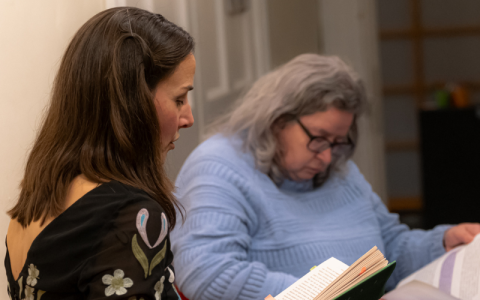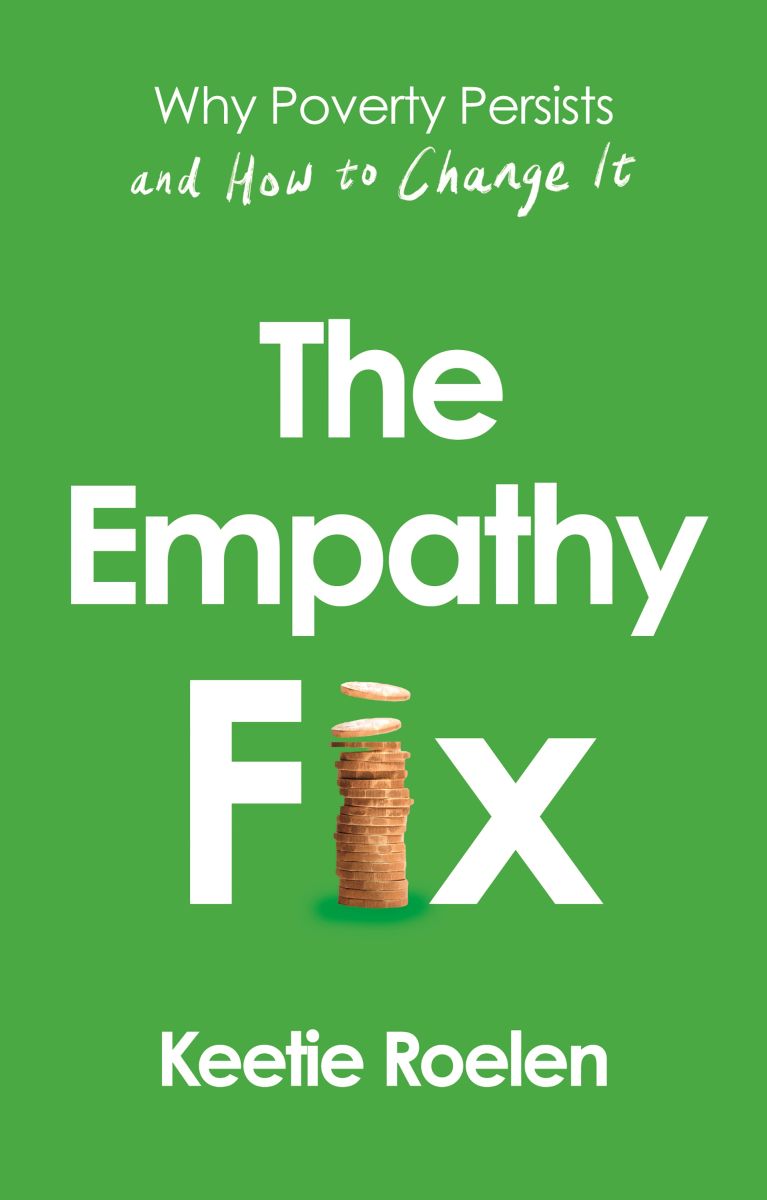The Empathy Fix: the importance of empathy in poverty reduction

Earlier this year, at an event led by Dr Keetie Roelen (pictured above), Co-Deputy Director of the OU’s Centre for the Study of Global Development (CSGD), an audience of 90 activists, researchers and policy makers gathered at ATD Fourth World – an anti-poverty organisation in London – to discuss the role of empathy in reducing poverty.
Poverty isn’t a problem out there, in someone else’s world. It’s a crisis within our own societies and communities. Nelson Mandela once said: “Poverty is not an accident. Like slavery and apartheid, it is man-made and can be removed by the actions of human beings”. According to the Joseph Rowntree Foundation, more than 14 million people in the UK are in poverty. Every third child in the United Kingdom experiences poverty. Worldwide, 3.5 billion people have difficulties making ends meet. That’s almost half the globe’s population.
Poverty is bad for everyone. It’s something we all want to see less of. So why does it prove so difficult to tackle? Can empathy help fix it?

The occasion also marked the publication of Dr Roelen’s new book The Empathy Fix: Why Poverty Persists and How to Change it. Aimed at a general readership and based on research at the OU and beyond, the book exposes the realities of poverty and how we can respond in ways that give everyone a sense of dignity and agency.
In conversation with award-winning author and activist Sarah Corbett, Keetie said: “I argue for the 3 Rs of empathy. Relate – getting a feel and sense of the stresses and struggles of poverty. Realise – understanding how poverty reduction and social protection policies are shaped and ow we speak as a society. Respond – some see empathy as not action orientated, but no! We all have some power and agency, and my book is giving tools to realise these, whether it is outreach within your community or dramatic reform at national level”.
Keetie continued: “Empathy calls for deep and genuine listening and truly hearing what people have to say. It demands being still and taking in, a far cry from the general tendency to voice opinion and make ourselves heard. And it involves action, a response to the injustice that is staring us in the face."
Sarah Corbett concluded this is “Unique, sensitively crafted and much needed ... A vital book!”, while a local councillor added that they would use the 3Rs in their work on social change.
Are you already an OU student?
Request your prospectus
Explore our qualifications and courses by requesting one of our prospectuses today.
Request prospectus